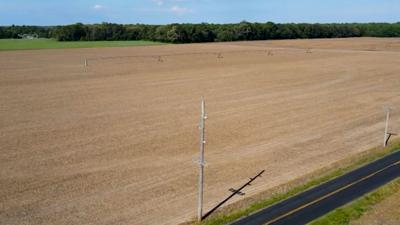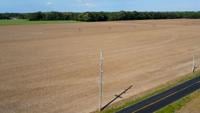The proposed 637 acre development includes a YMCA, grocery store, restaurants, hotel, retail space, an arts or theater center, gas station and other commercial amenities.
Planning and Zoning also approved conditional use for an educational facility located within the development.
The commission voted unanimously, 4-0 with Commissioner Brian Butler absent, to recommend the approval of the development.
This includes a zoning change of the 637 acres from AR-1, agricultural-residential, to MR-RPC, medium-density residential planning community. The commission also voted to amend the future Delaware land-use maps that would designate the property as a coastal area.
The commissions' recommendation for approval also includes a conditional use for an educational facility that will consist of two buildings with classrooms and administrative offices. One building, which will not exceed 45,000 square feet in size will be for college level instruction, offering associate degree courses and professional certifications. The second building, which will not exceed 30,000 square feet in size will offer adult learning courses.
In addition to the educational building the commission also approved a conditional use for an assisted living facility that will house no more than 100 residents at a time, which shall not exceed 71,500 square feet, and a medical office, which shall not exceed 25,000 square feet.
Out of 213 comments regarding Cool Spring Crossing on the county's website, 145 are in opposition, 67 are in support and one is neutral.
Lewes local Lynda Uhl opposes the development, citing overcrowding concerns.
“The last thing we need is 1,900 more houses,” Uhl said. “It's hard to get a medical appointment and it's hard to go anywhere.”
Supporters highlight the benefits of open space, diverse housing and community resources like the YMCA.
Milton local and Lavender Farms owner, Cait Spieker-Gee, who lives near the site, appreciates the vision but questions whether local infrastructure can handle the scale.
“What I really get hung up on is why not have the infrastructure that could support it,” she said. “It just seems really common sense.”
Spieker-Gee emphasized concerns about increased traffic and harm to the environment that she thinks Cool Spring Crossing could bring.







